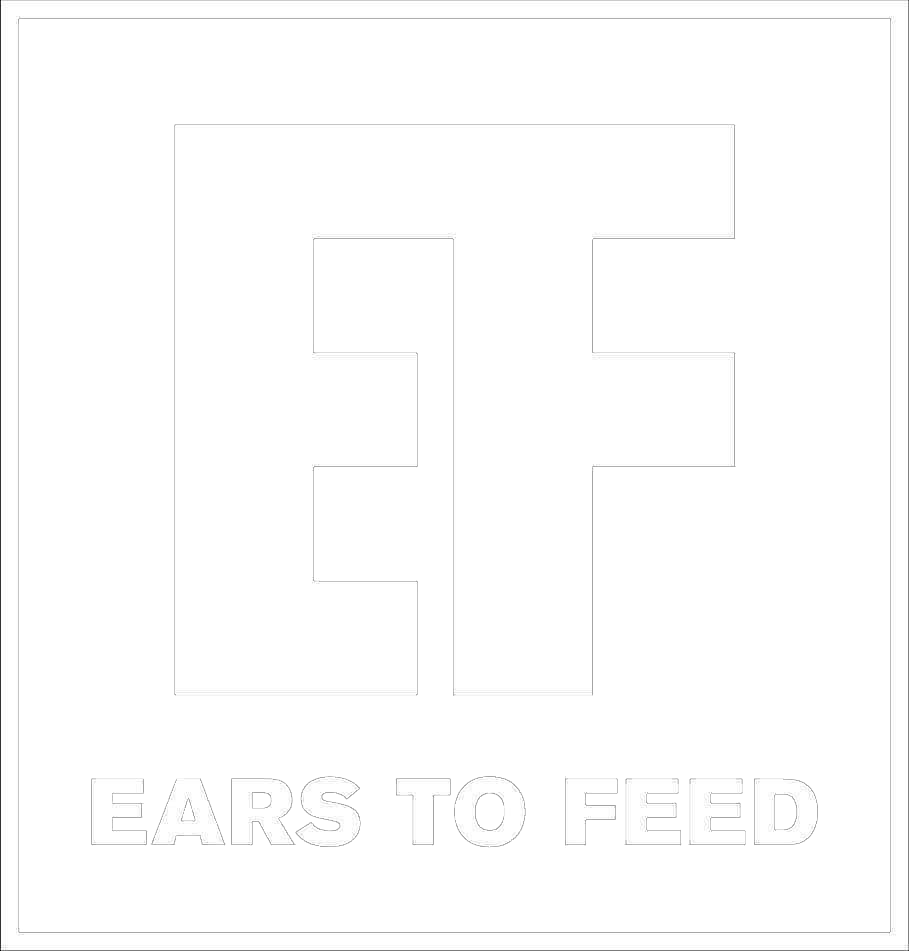It seems like often all that’s left from suspended moments of grief and wreckage are snapshots.
When my grandmother was about to die, I traveled between New York and Wisconsin for a month. I attended classes and took midterms while also cradling my mother’s emotions, preparing a net to capture my grief and her own.
During a car ride with my mother, in which I was wearing her well-loved ‘80s jean jacket she passed on to me, I turned on a song that my mom had listened to during the slush of her early 20s – “Hide in Your Shell” by Supertramp – and I regarded her gestures at every stoplight.
She circled her inner forearm with her opposite thumb while maintaining a fixed gaze on the road. Months later she would disclose to me that she instinctively touched the softest part of her body because my grandmother had delicate skin. Part of my grandmother lived on in the arms of my mother; a version of my mother was also being passed to me. A portrait of grief without the specificity of language.
In Wednesday’s stunning new album Twin Plagues, front-woman Karly Hartzman excavates the feeling of suburban melancholy through a litany of detailed snapshots.
Sadness exists as an acid trip gone sour, a ripped screen door or a burnt-down Dairy Queen. Spliced into these coming-of-age stories are Wednesday’s volcanic shoegaze melodies. There is brilliance in the balancing act of oversaturated guitars and lo-fi folk-leaning acoustics. In Twin Plagues, Wednesday always seems to get it right.
Hartzman’s lyrical landscapes tend to be filled with laconic anecdotes; however, emotion coats each word she carefully chooses.
On the album’s debut single “Handsome Man,” Wednesday tosses the listener an opaque lens to observe trauma unfold. “Whistlin’ past a graveyard smash / With broken glass / From a car crash / You’re small and lookin’ / Through stained glass,” Hartzman outlines. There is a woeful tension that slices through the narrative’s emotionally detached language. The contorted guitar riffs douse the song in angst and ecstasy which her lyrics purposefully lack.
Even when Hartzman collages trite sequences, we can only see her world through pixelated fragments.
In “Cliff,” she lists the details of a suburban day-off-work: watching a mediocre movie on a broadcast loop, drinking a cheap beer, waiting for the sweet release of sleep. There is again an emotional paralysis that exists in the lyrics, making the palpable sadness within these songs even more poignant. “Cliff” exists in the gut of a depressive teenage summer stuck in the suburbs. Hartzman doesn’t need to rely on anything but a severed memory to resurrect that exact feeling for listeners.
The suburban dystopia acts as a character in many of her songs and the other band members successfully build that world alongside her. The shared experience of growing up in Asheville may account for their evident chemistry found in each corner of the album. The group dips into their southern roots in perhaps their most candid song, “How Can You Live If You Can’t Love, How Can You If You Do.”
The slower country pace swallows us into a galaxy of mourning. Here, Hartzman has accelerated beyond the blurred anecdotes as her vulnerability is waxing. “I tell you you can’t need me more than I tend to need you,” she openly purrs. The stripped-down instrumentals let us know that we are meant to hear every word of this, and truly listen.
Essential Tracks: “Cliff,” “How Can You Live If You Can’t Love, How Can You If You Do” and “One Last One”
Prerequisites: Moontype’s Bodies of Water, Midwife’s Forever and Empath’s Active Listening: Night on Earth
